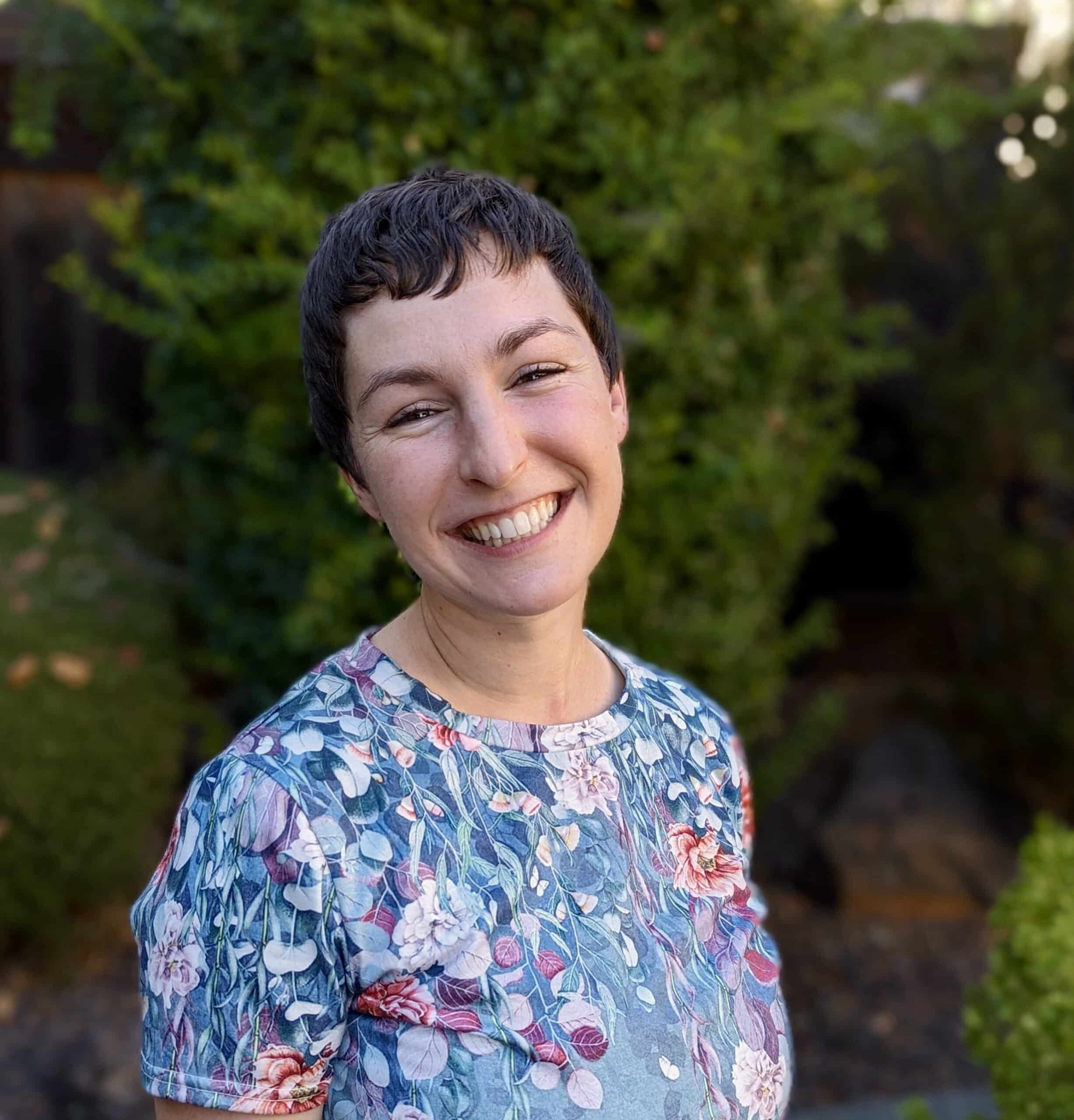At Corner Canyon Health Centers, our therapists use relational therapy to understand the clients unique experience in a social or relational context. Through relational therapy, the client and therapist forge a strengthening, supportive and enlivening relationship that provides intervention to help effect change for the client. This strong relationship makes the client feel secure and comfortable so that they can safely re-experience and find freedom from the effects of their past/present destructive experiences.
Relational Therapy helps our therapists to recognize role relationships and how they play a role in daily experiences. This kind of therapy also helps our therapists understand any patterns appearing in the thoughts and feelings that the client may have towards themselves.
Part of relational therapy involves using family systems therapy to look at the emotional structure of the family as a unit. During this kind of relational therapy, we employ a systems thinking model that evaluates the parts of the system in relation to the whole. When this kind of thinking is applied, it suggests behavior that is often both informed and inseparable from the functioning of one’s family origin.
This thinking model holds that the family is in a state of equilibrium, even if non-functional, and that change by one member of the family leads to change by the other family members. At Corner Canyon Health Centers, our family healing program includes a family assessment, family weekends, family communication and more.
Another part of relational therapy involves motivational interviewing. With motivational interviewing, the client is the center model for counseling. The main focus of this kind of relational therapy is to figure out what the client wants and not about what the counselor feels is best. To do this kind of therapy, the therapist must have high levels of empathy, reflective listening and be able to form a strong bond with the client in a short period of time. Motivational interviewing has been shown to be effective, not only in clients who voluntarily sought treatment, but also in those who have been required to complete it.
© Copyright 2024 Corner Canyon™ | All Rights Reserved | Privacy Policy
